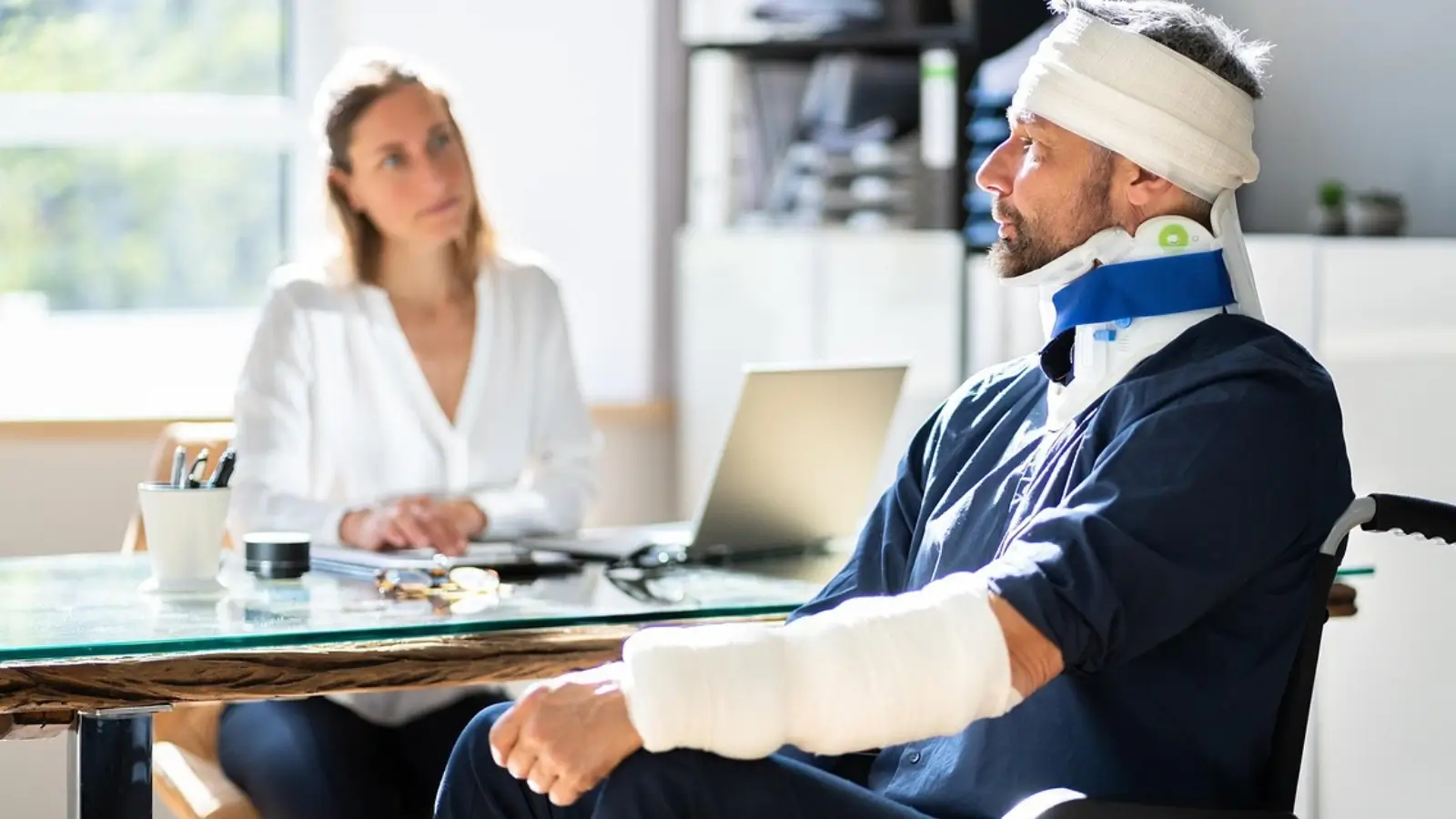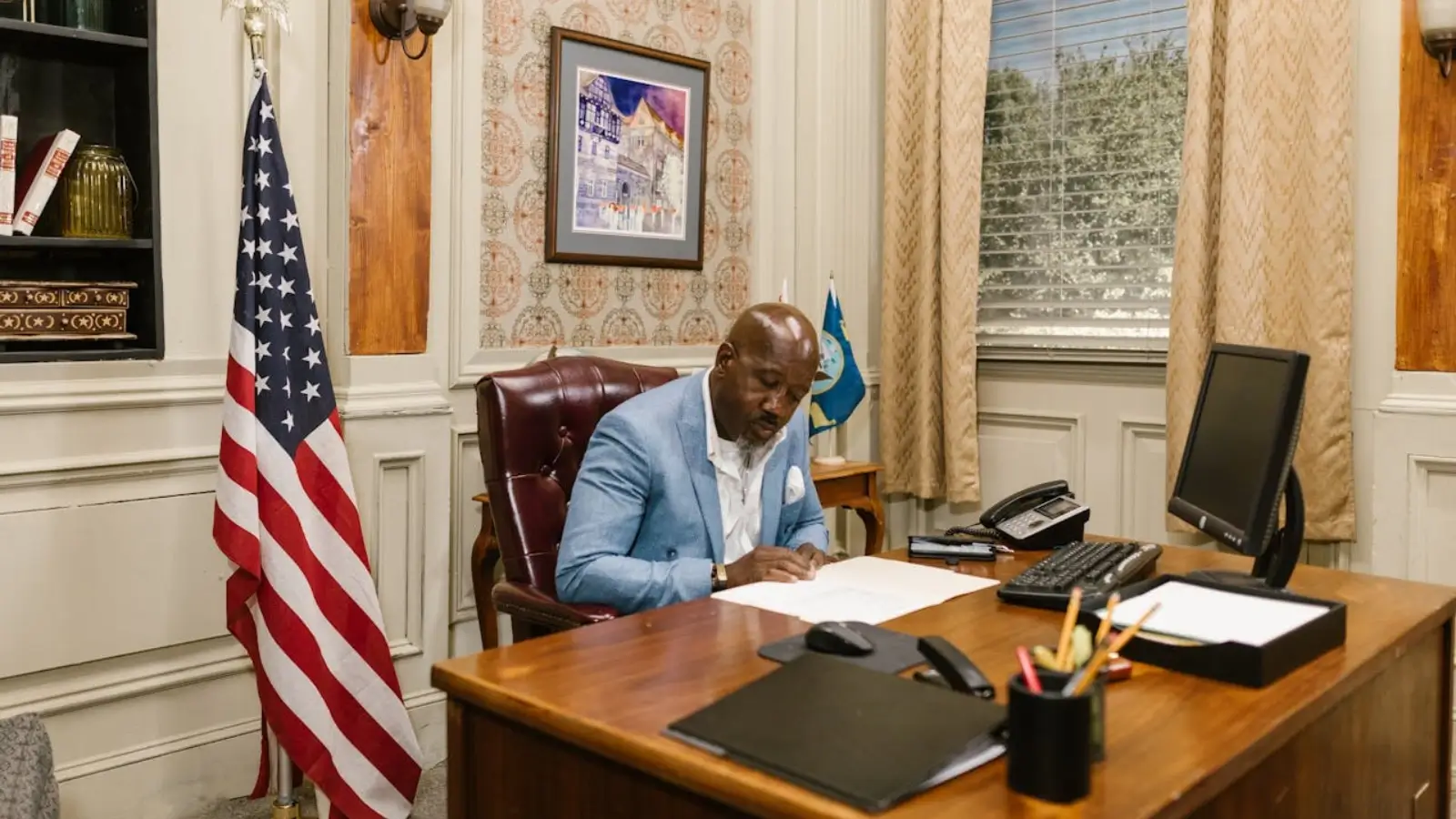Car accidents are always unexpected. One moment, you're driving, and the next, you're on the side of the road, shaken and bewildered. In a busy city like Houston, accidents happen more often than people think.
That's why it's so important, when met with such a situation, to stay calm and take the right steps. It might feel like a small thing, but jotting things down, snapping photos, and keeping every little record can help you big time later.
Whether it's a serious crash or a fender bender, here's why you should always document everything after an accident.
1. Helps You Build a Strong Legal Case
If you ever need legal help in Texas, your documents will be the foundation of your case. You can't be held innocent on just your memory — proof is pivotal. Take photos of the cars, the damage, and the road. Get the names and phone numbers of witnesses and hold on to every medical bill and report.
After this, quickly get in touch with a car accident lawyer in Houston, TX; they'll ask for all of this—and more. Look for a lawyer with expertise in building a compelling case on your behalf and gathering key evidence. These small steps make your case stronger. Missing details can slow things down or even hurt your chances. So, the more you document, the easier it is for your lawyer to fight for what you're owed.
2. Prevents Disputes with the Other Party
People don't always remember things the same way, and sometimes, they change their story on purpose. You might hear, "That's not how it happened," even if it is. That's why clear records help. So, click photos of the scene, the cars, and any damage. Write down what each person said right after the crash.
Even small things matter — like what lane you were in or who called the police. These details help you stand your ground later. This is important even in small accidents. If things go to court or insurance gets involved, you'll be glad you wrote everything down while it was fresh.
3. Supporting Your Insurance Claim
Insurance companies are not always that swift to pay. In fact, they try to reduce the payment to the lowest amount possible. Compelling evidence supporting your claim would help your lawyer to get you the payout. Such evidence includes photographs of your car from various angles, close-ups showing the damage, and shots of the roads, along with the weather.
Keep all repair estimates, hospital bills, and receipts for later. Record the exact crash location and time. Keep any emails and texts from your insurance representative; you might as well save the details of calls: date, time, and what was discussed. All of this strengthens your claim so that it cannot be ignored or denied.
4. Tracks Medical Treatment and Expenses
After an accident, you might see a doctor once or many times. Either way, this adds up fast. However, people often forget to save receipts or record every visit. That's a mistake. Keep track of everything: doctor appointments, medicines, scans, travel costs to the hospital, and therapy sessions.
It's better to create a simple medical log. Just write down the date, treatment, and cost. That's it. Later, if you ask for a reimbursement or file a claim, these records show exactly what you went through. Without them, it's easy to lose track of or forget something important, and that could cost you money.
5. Protects You from False Accusations
Documentation can be a huge shield against false accusations. The other driver could try to shift the blame to you. He may say you were speeding, ran a red light, or failed to stop. Such claims may hurt your case since they are untrue. However, if you have photos, dashcam video, or a witness statement, your lawyer can prove the truth.
It's all about being prepared.
Don't wait for someone to accuse you. Gather your side of the story from the beginning. That way, if anything comes up later, you're ready. Remember, good documentation is like a shield. It keeps you protected if things get ugly down the road.
Conclusion
Car accidents are messy. But what you do right after can make a big difference later. In a place like Houston, Texas, where roads are busy, and accidents happen fast, documentation is your best friend. Doing these few things can save you a lot of stress over time. So, the next time you meet with an accident, remember: if it's not documented, then it never happened.

















